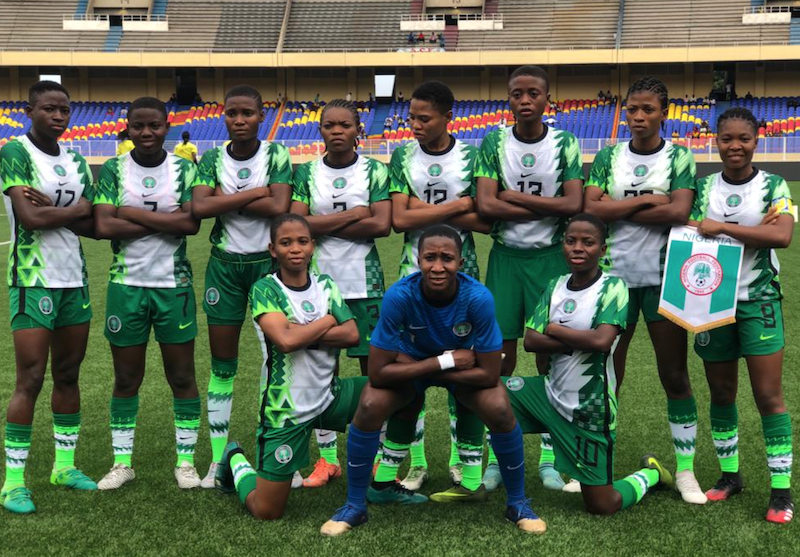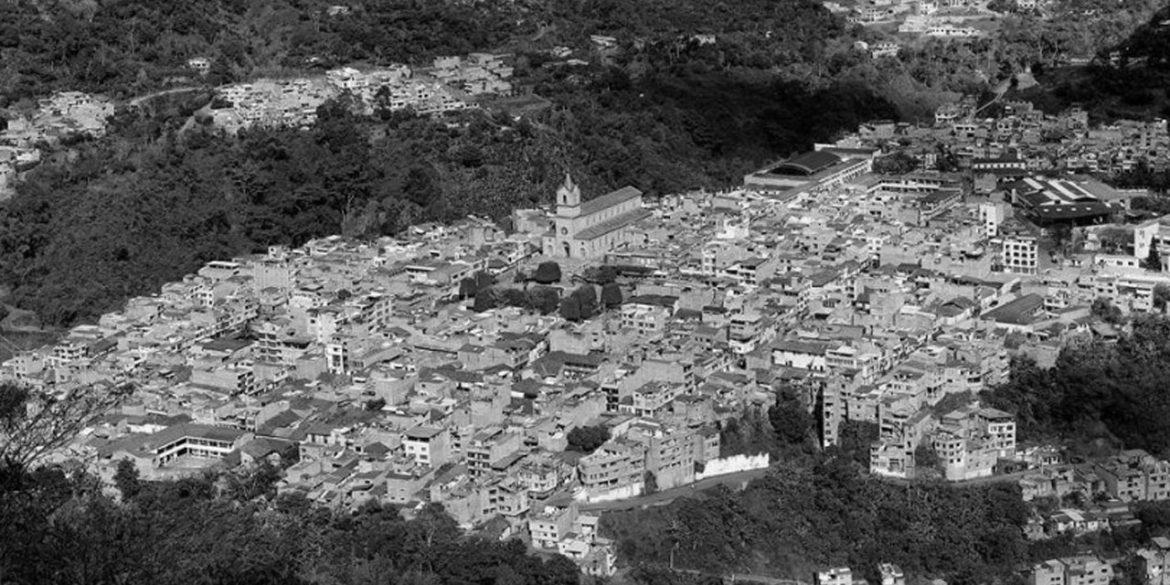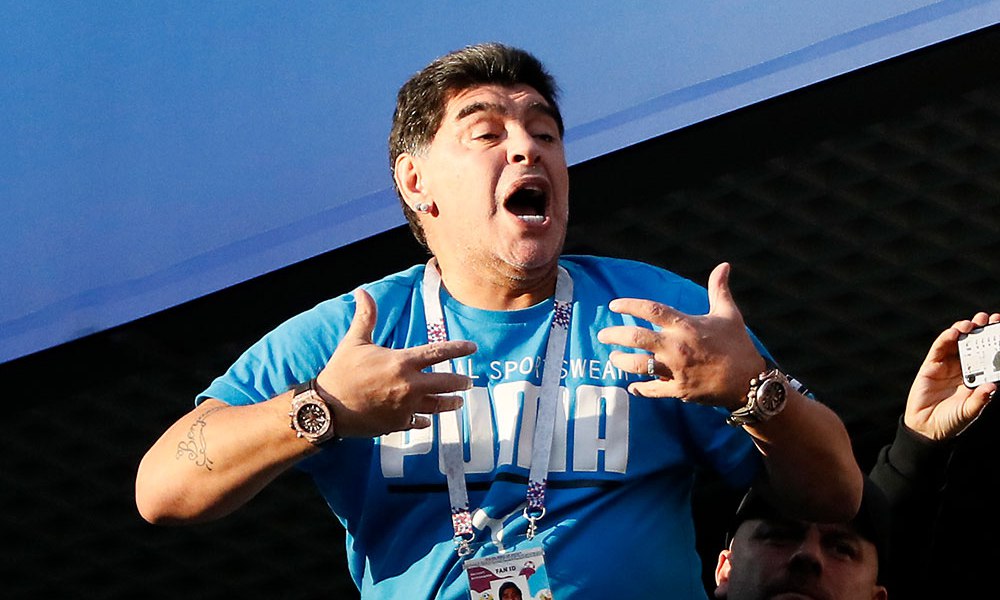Two quite unlikely persons will be taking over the Colombian Presidency on August 7, 2022. Gustavo Petro, 62, a former guerrilla fighter of the M-19 revolutionary group who suffered incarceration and torture, won the presidential election rerun this Sunday June 19, 2022 with 50.5 per-cent of the votes. It was his third presidential race. His right wing opponent, Rodolfo Hernandez, a construction magnate had 47.3 per-cent of the votes. The vote difference was more than 700,000.
It will be the first time in the country’s 210-year post-independence history that a leftist would make it to the Presidency.
Just like Petro, the credentials of Vice President-elect, Francia Marquez, 40, do not fit the usual bill. She is a radical, one-time mine labourer, former housemaid, environmentalist, a single mother and a Black from the minority Afro-Colombian population which is also the poorest and least educated group in the country.
Twenty four years ago, she was a pregnant 16-year old dirt poor teenager who had to work in the mines to feed herself and her child. From the mines, she graduated to being a live-in housemaid. Marquez is not elitist and never held political office before. She is a symbol of the poor, and hope that the Colombian system can change for the benefit of the battered populace.
The economic challenges, exploitation and want, forced many Colombians into the streets in a 2021 national strike in which 46 unarmed protesters were killed mainly by the police. It was an indication of the frustration with the establishment and signalled a shift from conservative politics to the left-wing.
Colombia, is a long suffering country with a history of death squads, paramilitary squads and self-defence forces who carry out extra judicial executions, forced disappearances, ethnic cleansing and genocide. Those groups also run the drug cartels, rackets and forced land acquisitions by corporate organisations.
Colombia also produced a Che Guevera-like romantic revolutionary figure, Reverend Father Camilo Torres, a Catholic priest ordained in 1954who married Catholicism with revolutionary Marxism and was a precursor of Liberation Theology. He famously said: “If Jesus were alive today, He would be a guerrilla” Torres who was also a lecturer at the National University of Colombia, joined the guerrilla group, the National Liberation Army, ELN. He was killed in his first combat against the Colombian military and became like a patron saint of guerrillas in Latin America.
The M-19, an urban guerrilla movement was established by students and social activists in 1970 following electoral fraud. Its aim was an armed overthrow of the government. One of its biggest battles was the 1985 siege of Colombia’s national judicial building in which 94 people died.
However, the M-19 gave up armed struggle in 1990 to participate in writing a new constitution and electoral politics. Petro who joined the group when he was a 17-year old student of Economics, explained that: “The M-19 was born in arms to build a democracy.”
In contrast, the larger Revolutionary Armed Forces of Colombia, FARC, did not switch from guerrilla struggle until 2016 when it signed a peace deal with the government.
Petro, a former Mayor of Bogota said: “What we have today is the result of what I call ‘the depletion of the model. The end result is a brutal poverty.” He plans to impose higher taxes on the rich, increase royalties on extractive industries, expand social programmes, shift emphasis from oil to developing other industries, check rising violence and the deforestation of the Colombian Amazon. Internationally, his administration is likely to reassess Colombia’s subservient relationship with the US while improving those with neigbours like Venezuela, a country with which it shares more than 1,000 miles of border. Constitutionally, he has only one four-year term to implement his radical programmes.
Victorious Petro told the world: “This story that we are writing today is a new story for Colombia, for Latin America, for the world. We are not going to betray this electorate.”
Latin America has for centuries been the backyard playground of Western powers particularly the US. It was a region where governments were replaced at will, those who resisted, massacred and the countries run down. The Financial institutions like the World Bank and World Trade Organisation had tested on them, unworkable, ruinous and neo-liberal programmes like structural adjustment backed by invisible market forces that drove the people into unimaginable poverty. This is why some organised human caravans headed for the US Eldorado.
Over the decades when the people protested, Latin Americans were massacred, and country after country, established death squads to eliminate opponents especially youths who turned left and reached for the gun.
However, in the last four years, at least six Latin American countries have through open and democratic elections, turned left in a search for alternatives to exploitation, conflicts, poverty and insecurity.
Colombia is just the latest. One of the most outstanding left victories was by the 36-year old Chilean protest leader, Gabriel Boric who became President on March 11, 2022. He leads a country traumatised by one of the worst dictators in history, General Augusto Pinochet.
Mexico, the US neighbour has produced President Andres Manuel Lopez. Bolivia suffered a setback when popular leader Evo Morales was overthrown in a military coup on November 10, 2019, but the left bounced back on November 8, 2020 with the election of President Luis Arce.
Another country that suffered a similar setback was Honduras where President Manuel Zelaya was overthrown in a 2009 coup. But a dozen years later, his wife Xiomara Castro swept the polls and was sworn into office on January 27, 2022.
In Peru, Pedro Castillo, a primary school teacher with no experience in office, was elected President in 2021.
Another major contest between conservative right wingers and the left is scheduled for Brazil in October 2022. It is another country where the conservative pro-poverty politicians ousted a left-leaning President Dilma Roussef on August 31, 2016 and paved the way for a Trumpian President Jair Bolsonaro. He is locked in the Presidential contest with former labour leader and ex-President Luiz Inácio Lula da Silva who has sprung from the prison he was rail-roaded into, to once again lead the Brazilian masses.
These countries join Cuba whose 1959 left-wing revolution subsists despite a six-decade stranglehold by the US, Nicaragua led by former revolutionary Daniel Ortega, and Venezuela whose Bolivarian Movement now under former labour leader, Nicholas Maduro, continues to sweep the polls.
Tragically, unlike Latin America, most African countries are still under the heels of visionless, clumsy and kleptocratic leaders who do the biddings of Western powers and are so useless that they cannot even provide basic security against ragtag bandits. Patriots in Africa have a lot to learn from the pro-people movement in Latin America.









